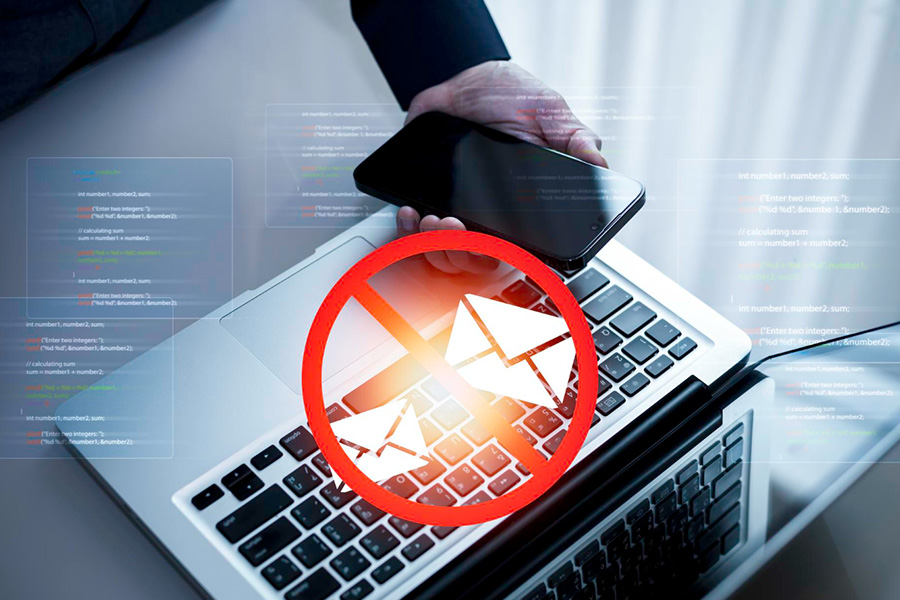
Deepfakes pose significant challenges to copyright law, raising questions about authorship, originality, and ownership, requiring a balance between creators’ rights and public interests.
Authors
Pranjal Khare, Assistant Professor, Jindal Global Law School, O.P. Jindal Global University, Sonipat, India
Vishambhar Raghuwanshi, Manipal University, India
Summary
The advent of deepfake technology has introduced new challenges to copyright law due to its ability to manipulate media content. This chapter delves into the intricate relationship between deepfakes and copyright law, examining the legal frameworks in key jurisdictions and the ethical implications for creators. Beyond the legal considerations, deepfakes also raise significant ethical concerns which need to be addressed. Deepfakes, generated by artificial intelligence, can reproduce, transform, and adapt existing copyrighted material, raising questions about authorship and originality. It is crucial to address the challenges posed by deepfakes while balancing the interests of creators, copyright holders, and the public.
Published in: Legal and Economic Perspectives on the Nexus of AI and Copyright
To read the full article, please click here.

